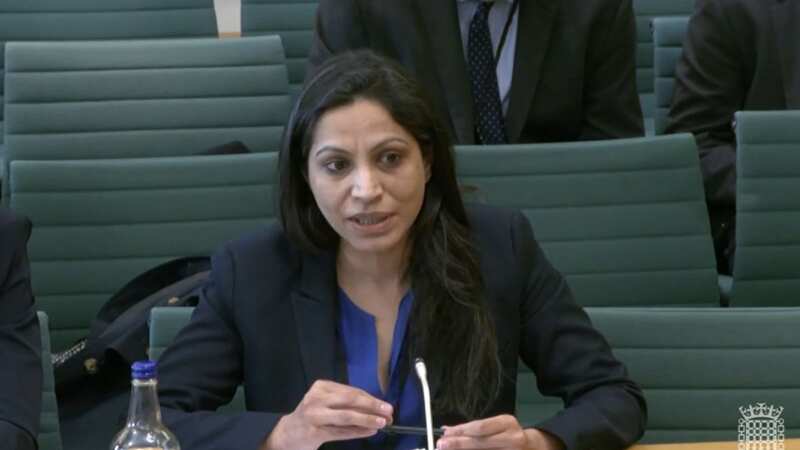

Bank of England policymaker Swati Dhingra has warned that waiting too long to cut interest rates could lead to a "hard landing" for the UK economy.
She was outvoted earlier this month when she wanted to lower rates from 5.25% to 5%. She explained that inflation is expected to go down, but it won't be a smooth journey.
Speaking at an MNI Connect event, she said, "Waiting for lagging indicators of domestic relative price growth to fall sharply before reducing rates comes with a cost of forgone improvements in living standards and a risk of lowering supply capacity for the future."
She pointed out that people in the UK are not spending as much as they did before the pandemic, which is different from the US and Europe. The effect of the recent series of 14 rate increases will still be felt for a while.
Dhingra believes that even if we start to ease up now, the tough approach to money matters will keep making life harder and slow down economic growth. She said: "In my view, the evidence to err on the side of overtightening is not compelling as it often comes with hard landings and scarring of supply capacity."
 Teachers, civil servants and train drivers walk out in biggest strike in decade
Teachers, civil servants and train drivers walk out in biggest strike in decade
In February, the Bank's Monetary Policy Committee kept rates at 5.25%, but not everyone agreed. Dhingra voted to lower them, while two others wanted them higher. The committee is still worried about how fast wages and service prices are going down to meet the 2% inflation target.
Ms Dhingra said: "The path of inflation is unlikely to be smooth, but it looks to be clearly downwards and in line with disinflation in other advanced economies owing to some of the common global shocks that have occurred."
She also said that a weak economy will probably make inflation go down more. Last week's numbers showed that the UK economy went into recession at the end of 2023 because it shrank for two quarters straight.
Ms Dhingra noticed signs that things might be getting better, just like Bank governor Andrew Bailey recently said. She pointed out that newer economic signs "provide some reassurance that the contraction last quarter isn't signalling a rapid and imminent deterioration in the demand outlook".
But she warned: "Overall, the outlook for demand remains weak and less resilient than previously assumed. This further reduces prospects of embedded persistence and raises the downside risks to living standards from keeping policy tight."